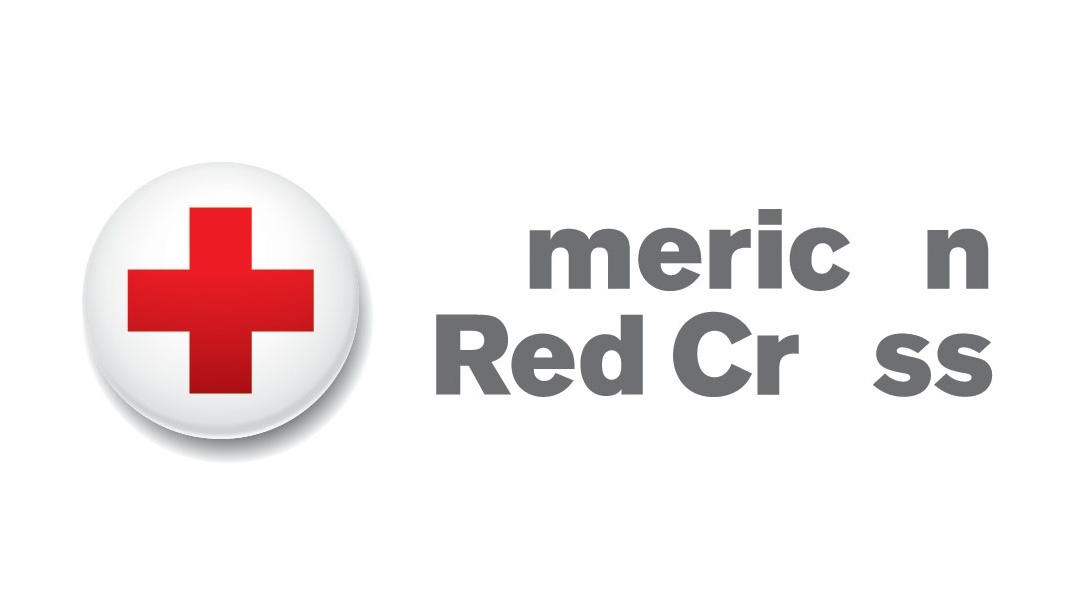 As part of an international movement, the American Red Cross is launching the Missing Types campaign to recruit new blood donors and those who have not given recently to ensure lifesaving blood is available for patients.
As part of an international movement, the American Red Cross is launching the Missing Types campaign to recruit new blood donors and those who have not given recently to ensure lifesaving blood is available for patients.
During the Missing Types campaign, the letters A, B and O, the main blood groups, will disappear from participating brands, social media pages, signs and websites to illustrate the critical role every blood donor plays.
“Unfortunately, blood shortages still happen and the number of new Red Cross blood donors is shrinking each year,” Cliff Numark, senior vice president Red Cross Blood Services, said. “That’s why the Red Cross is asking those who have never donated blood and those who haven’t given in a while to make a lifesaving donation. You are the missing type patients need.”
Donors can make an appointment to give blood by visiting RedCrossBlood.org/Missing Types, using the Red Cross blood donor app or by calling 1.800.RED.CROSS, 1.800.733.2767.
A recent survey, conducted on behalf of the Red Cross, revealed the difference between the public’s perception of blood donations and the realities of patient transfusion needs.
According to the survey, three-quarters of the public underestimate how frequently blood transfusions occur. Most people perceive blood is needed in the US every 15 minutes to an hour or two hours. In fact, every two seconds someone in this country needs blood.
Nearly half of the public know someone who has been helped by a blood transfusion, yet only three percent of the US population donates each year, according to the survey.
More than one-third of the public has never considered that blood may not be available when they or a loved one need it. Blood shortages are not uncommon in the United States and can only be prevented when more people donate.
More than half of the public believe they need to know their blood type to donate. Potential blood donors do not need to know their blood type before giving blood. After individuals give blood, the Red Cross provides each donor their blood type.




Facebook Comments